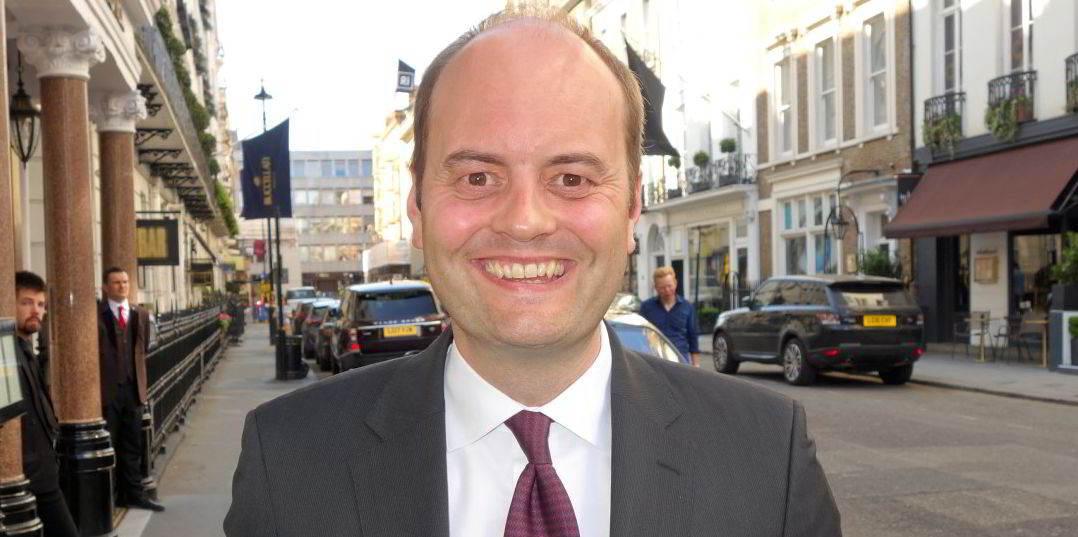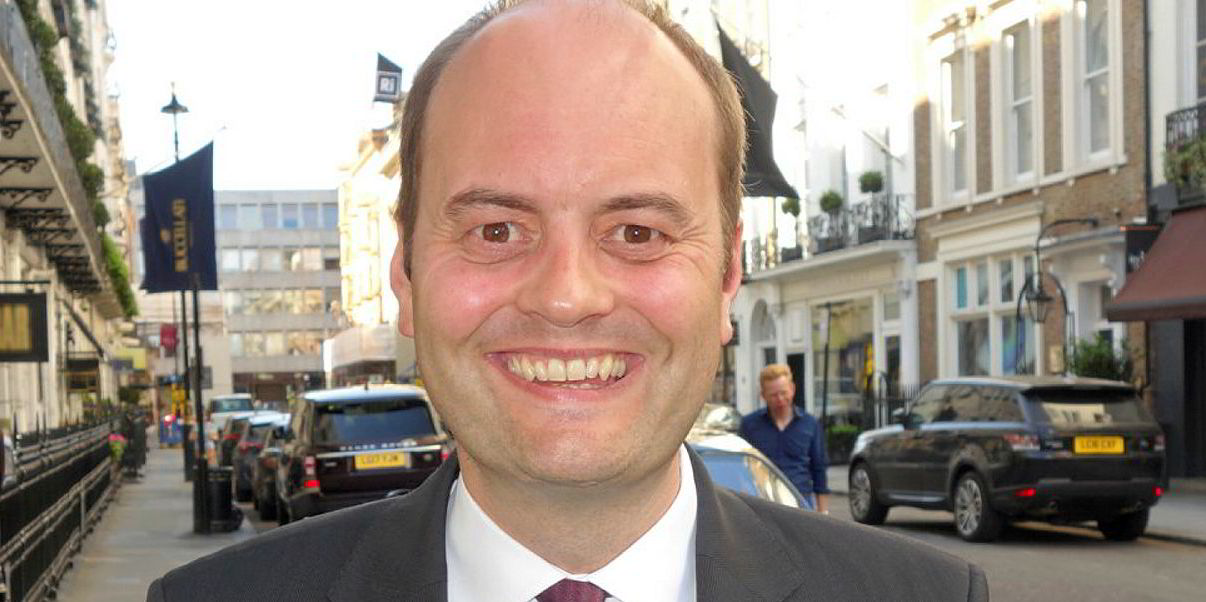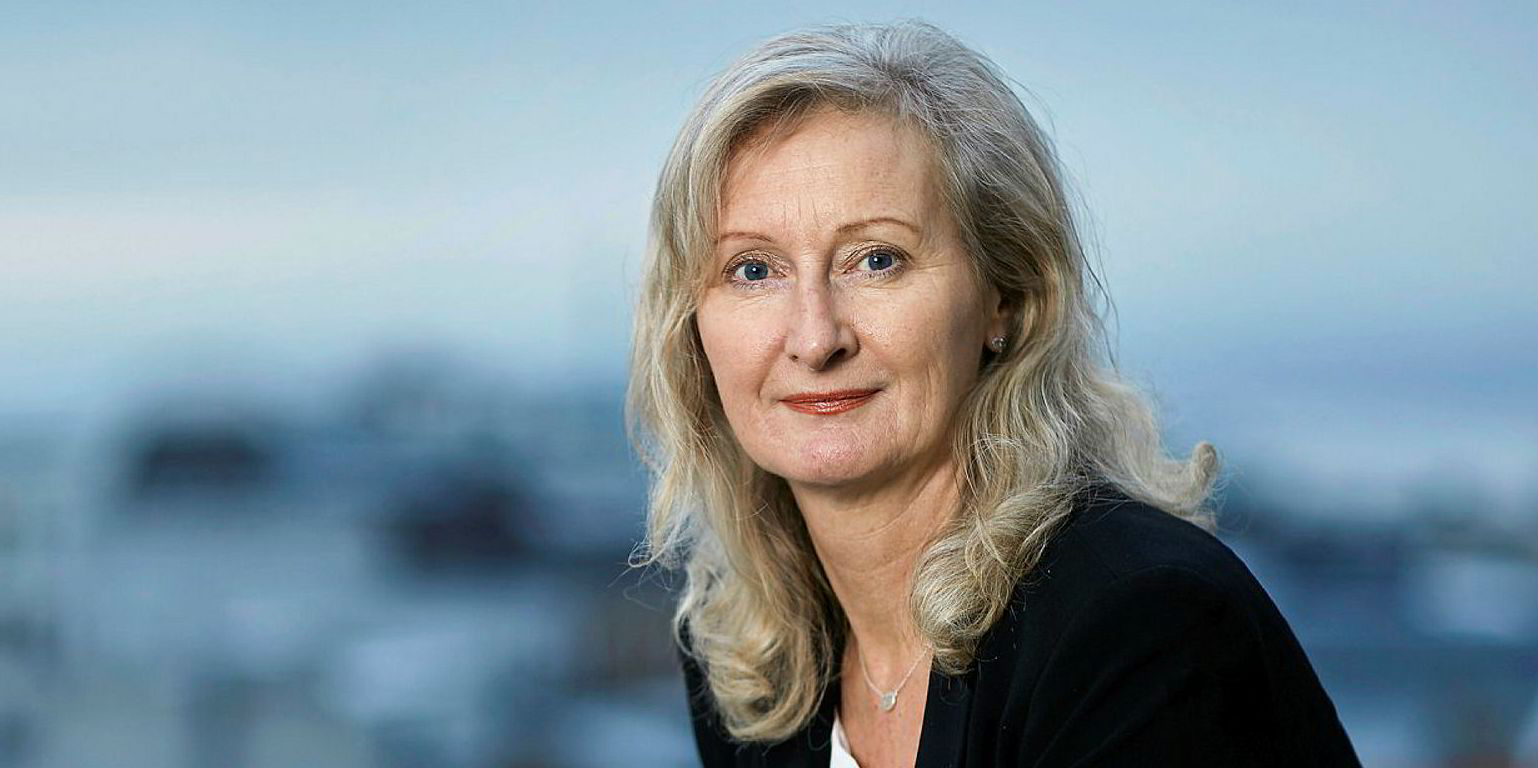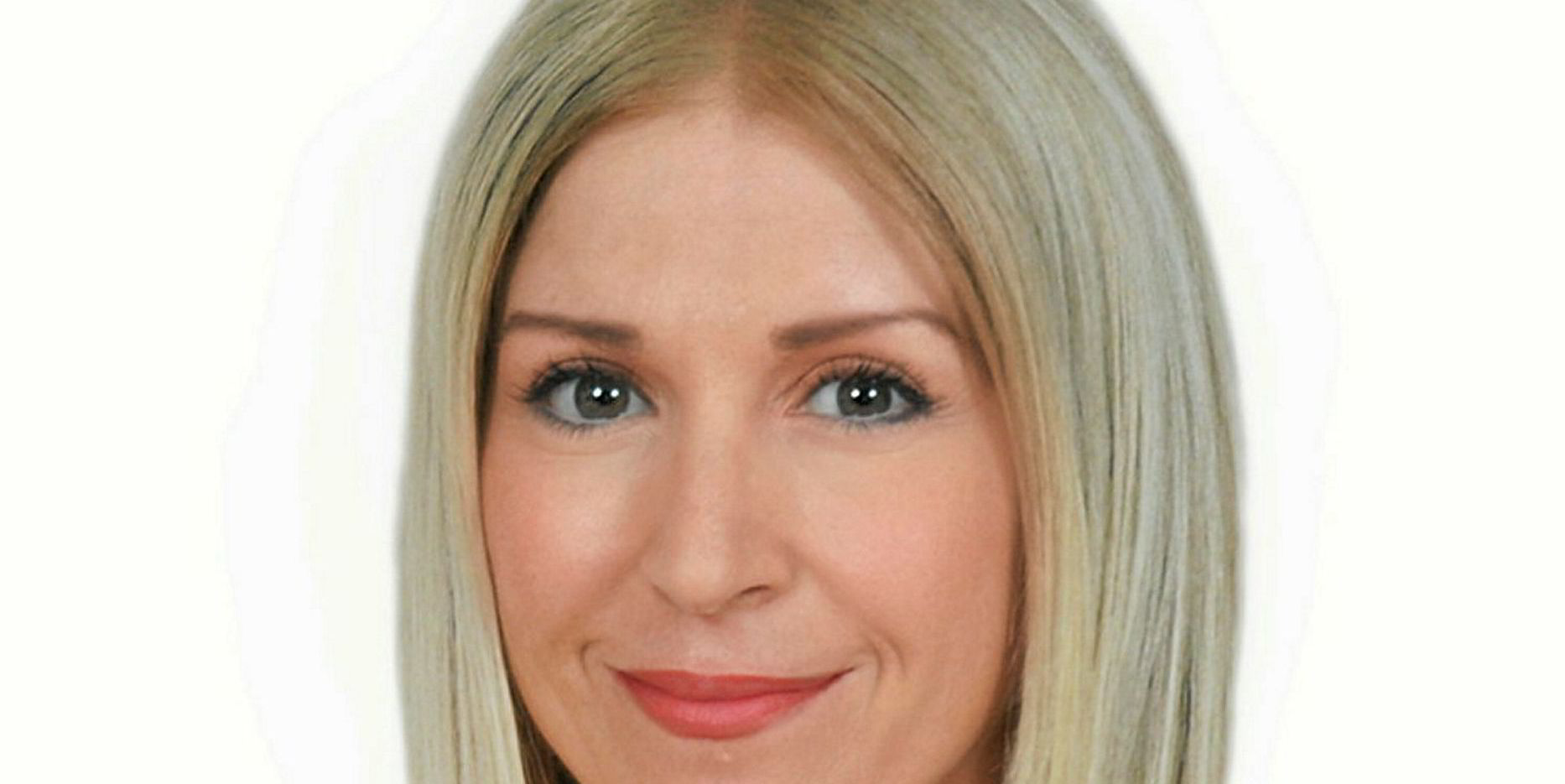Skuld chief executive Stale Hansen is ready to take the lessons learned from the pandemic to shape his plans for the Norwegian protection and indemnity mutual.
Successive lockdowns have disrupted traditional P&I working practices, but Hansen has identified practical positives that have emerged.
For a start, costs at the Oslo-based mutual are down 20% as a result of the timely renegotiation of IT contracts, real-estate leases and reduced travel and entertainment expenses which, in P&I, can be substantial.
This story is part of a forthcoming special report on the protection and indemnity sector. Stay tuned for the full report in our weekly edition on 22 January.
Hansen said the pandemic has raised interesting questions about traditional P&I working practices. Although it is still a people business, in which face-to-face contact will always play an important role, the industry has found a more efficient way of working.
“We have all learned lessons. I’ve certainly made my last day trip to London,” he said, reflecting on the way the pandemic has made underwriters reconsider their travel needs.
Commenting on the upcoming renewal, he said: “We might see a more efficient renewal than we have in the past.”
Skuld has a reputation for breaking with conventions. It has long ditched the idea of an annual general increase, preferring to determine premium levels via one-to-one negotiations with members. Other clubs have followed suit.
“We believe in the individual approach,” Hansen said. Although some have suggested it works against the principle of mutuality, he believes it is a fairer system that rewards those with good claims records.
Hansen wants to put the focus on revenue rather than gross tonnage growth, the traditional marker for success in P&I business.
Skuld is a middle-ranking P&I mutual, but with the addition of its hull and energy facility, Skuld Marine, it ranks among the largest marine insurers.

“We expect to see growth of around 5% to 10% this year. There has been a lot of focus on gross tonnage growth, but we have focused on premium growth,” he said. “In terms of premium income, we are now the second-largest next to Gard.”
The big three Scandinavian mutuals — Gard, Skuld and the Swedish Club — all operate in the P&I market as well as in hull and machinery. Their growth over recent years has made the region a hot spot for marine insurance.
“We have a strategy in place and diversification is an important part of that,” Hansen said. It has not all gone smoothly: an ill-fated move into the Lloyd's of London marine insurance market resulted in significant losses.
Now operating outside Lloyd's, he said the future is more positive, thanks in part to a recent strengthening of rates in the hull and machinery and energy markets, a trend that is being followed in the P&I market.
Diversification has been useful, as the cost of pooled claims from the International Group of P&I Clubs has taken its toll on Skuld's earnings in the past couple of years.
Its figures show a $42.6m technical underwriting loss in the first nine months of this policy year.
Diverse income streams are becoming increasingly important, as forecasters believe the equity markets are heading for a correction. “We can no longer rely on investment income,” Hansen explained.
He is also trying to drive Skuld forward by applying environmental, social and governance (ESG) principles to the business.
Environmental standards
He pointed out that insurers can benefit from encouraging higher environmental standards from the people they cover. An improvement in environmental performance is bound to result in claims reductions linked to pollution, for example.
“ESG benefits because it is closely linked to loss prevention and what P&I clubs can do in preventing losses,” he said. “The sustainability element can influence our own risk appetite if we only go after high quality.”
He believes the whole shipping industry is now geared towards reducing carbon emissions, and that insurers should be “hand in hand” with that development.







